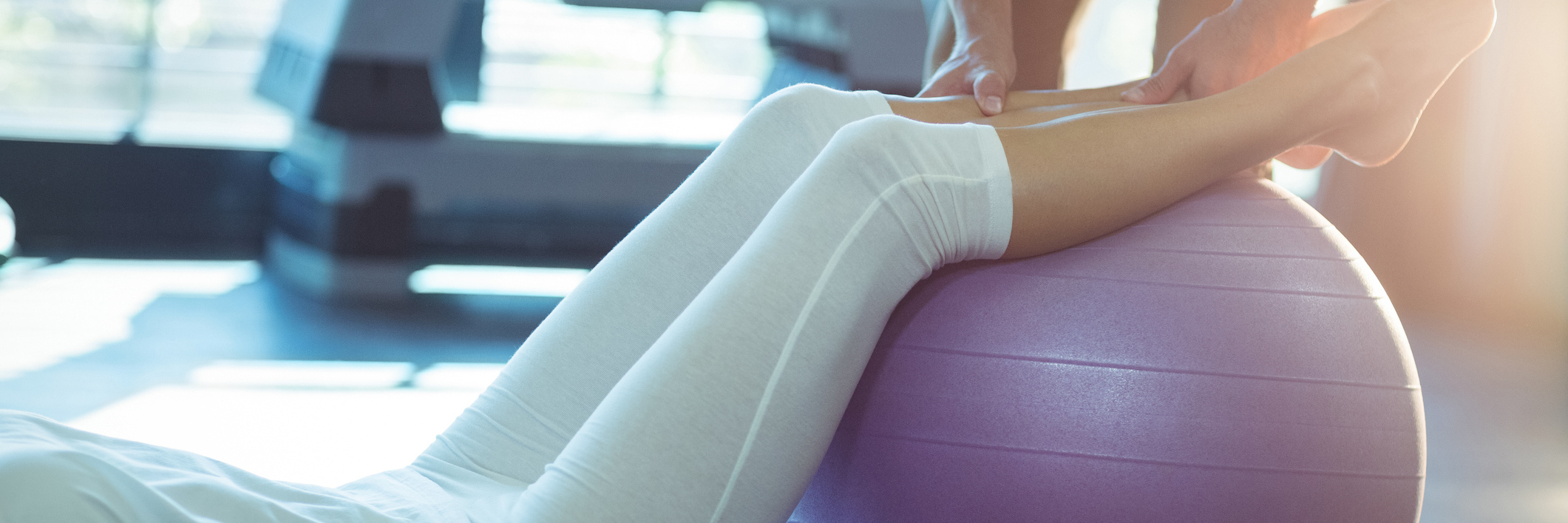I always tried to live as “normally” as possible, without having to make the extra time, other than what was necessary, for my disability. I mean, why would I make things easier on myself if it wasn’t quick? Physiotherapy? Pfft, I don’t need to stretch outside of those appointments. Oh, you want me to actually use my canes instead of crawl? No way. I had the resources, but never fully committed to doing the necessary work for these options to really make any difference in my life.
However, I recently came to a point where I could no longer ignore the fact that yes, I have cerebral palsy, and I needed to stop being so stubborn and ignoring it. My body has taken a bit of a beating — I’ve had elbow pain that has continuously gotten worse over the years, only to recently find out I have bone fragments, probably caused by a fall in my childhood. I’ve noticed that when my Botox injections wear off, I routinely pull my groin muscles when I stand from sitting. And my knees don’t overly love meeting the floor multiple times a day anymore.
I have done a bit of research, and there have not been a lot of studies conducted on aging and cerebral palsy. But, if I am being honest, I do feel the effects of general wear and tear more now than I did 10 years ago. So, I thought I would share a few of the changes I have made in an attempt to really make my life easier on myself:
- Going to the gym: I got a gym membership a little over a year ago, and try to go a few times a week… I average about once a week, which isn’t very consistent, but still when I go I use certain weight lifting equipment to strengthen and loosen up my muscles. I do notice a difference in how much easier it is to walk after a good workout, and I am now able to use gym equipment I didn’t think I would be able to use before.
- Physiotherapy: I did approximately five sessions with a physiotherapist recently, where she showed me how to do stretches that help my knees to not turn in anymore and to stretch my ever-so-tight hamstrings and calves. Of course, you get out of it what you put into it, but I have found these exercises to be helpful when I do make the time for them.
- Occupational Therapy: An OT came to my house, and told me that I a) needed to put a seat and another grab bar in my shower, b) needed to perhaps install a ramp off my back deck, and c) should actually use my walker in the house. When I was younger I would have balked at the thought of using my walker in my house, but let me tell you, it is pretty fantastic being able to use the seat as an on-the-go table for my coffee, and of course, added stability.
- Using a step stool: I am short in stature, and I hate to admit that I have fallen off a few chairs in my lifetime while trying to balance (not my forte!) and reach the top shelf. Implementing the use of a step stool instead of my much taller husband or a chair to reach the top shelf has been amazingly helpful and given me more independence.
- And last, but certainly not least, swallowing my pride: I had to accept that I can still be awesome and independent, while also needing assistance. While I may not be “normal” by society’s standards, this is normal for me. I had to embrace the parts of having a disability I didn’t like: having to actually make time for stretching my legs, adapting my home, and admitting that it does affect me. If these simple changes would make my everyday life more manageable, why was I being so stubborn?
These simple “life hacks” have made everyday tasks exponentially better for me to perform, and I would encourage anyone with any disability to reach out to the resources available for assistance wherever possible. Life can get easier if you’re willing to utilize the help being offered to you. You may not look super “cool,” but it’s a lot less embarrassing walking around with a walker than it is eating pavement in the middle of a crowd.
We want to hear your story. Become a Mighty contributor here.
Thinkstock photo by Wavebreak Media.

